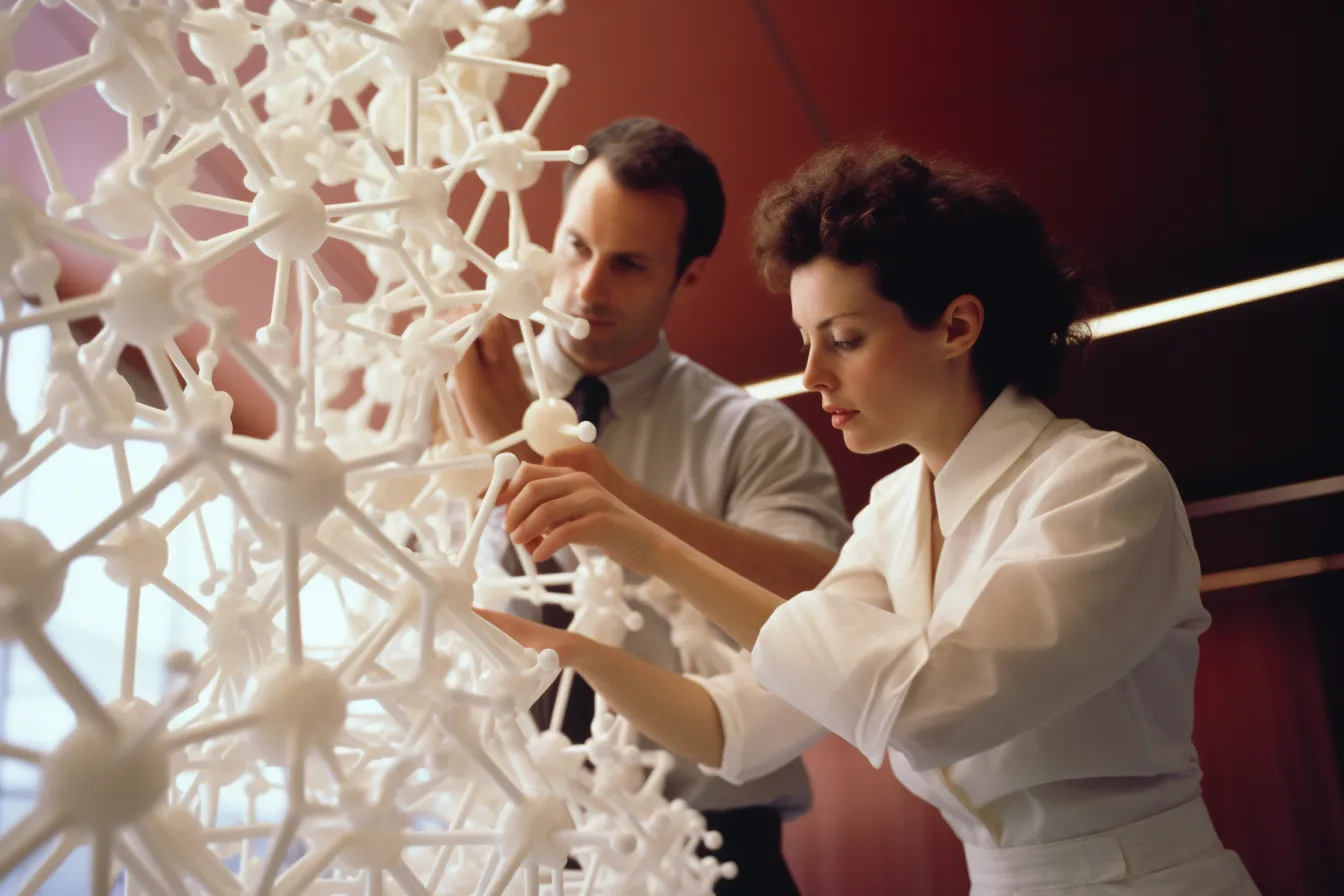When it comes to the medical field, doctors rely on a plethora of tools to ensure accurate diagnoses and effective treatments. These tools are essential in providing the best possible care for patients, and they play a crucial role in a doctor’s practice. From stethoscopes to surgical instruments, the array of tools used by doctors is both intriguing and necessary. Let’s explore some of these captivating tools that are an integral part of a doctor’s daily routine.
The Stethoscope: A Doctor’s Trusty Companion
– The stethoscope is perhaps one of the most iconic tools associated with doctors. This valuable instrument allows doctors to listen to a patient’s heart, lungs, and other internal sounds, providing critical insights into their overall health. By placing the earpieces in their ears and the chest piece against the patient’s body, doctors can detect abnormalities, irregularities, or signs of disease. The stethoscope is lightweight, portable, and easy to use, making it an indispensable tool for doctors in a variety of medical settings.
Diagnostic Tools: Unveiling the Mysteries
– When it comes to diagnosing illnesses and conditions, doctors rely on an assortment of diagnostic tools to uncover the mysteries of the human body. Some of these intriguing tools include:
- Dermatoscope: This handheld device magnifies and illuminates the skin, allowing doctors to examine moles, skin lesions, and other dermatological conditions with precision.
- Ophthalmoscope: This tool enables doctors to examine the internal structures of a patient’s eye, including the retina and optic nerve, aiding in the diagnosis of eye disorders.
- Endoscope: A slender, flexible tube with a light and camera attached, endoscopes allow doctors to visualize internal organs and perform minimally invasive procedures, such as colonoscopies and arthroscopies.
- Ultrasound Machine: Utilizing sound waves to create images of the body’s structures, ultrasound machines help doctors diagnose and monitor conditions such as pregnancy, organ abnormalities, and vascular disorders.
(Surgical) Instruments of Precision
– When it comes to performing surgeries, precision is paramount. Surgeons rely on an array of specialized instruments to ensure accurate and safe procedures. These instruments include, but are not limited to:
- Scalpels: These sharp, precise knives are used for making incisions during surgical procedures, allowing surgeons to access the internal structures of the body.
- Forceps: These handheld, tweezer-like instruments are used to hold, grasp, or manipulate tissues and blood vessels during surgeries.
- Sutures: Essential for closing surgical wounds, sutures are threads or wires used by surgeons to stitch tissues together, promoting healing and preventing infection.
- Retractors: These devices assist in holding tissue or organs out of the way during surgery, providing the surgeon with a clear view and ensuring a safe operating environment.
The Power of Technology: Medical Devices
– In the modern era, doctors have access to a plethora of advanced medical devices powered by cutting-edge technology. These devices aid in diagnosis, monitoring, and treatment, revolutionizing healthcare practices. A few remarkable medical devices include:
- Magnetic Resonance Imaging (MRI) Machines: Using powerful magnetic fields and radio waves, MRI machines generate detailed images of the body’s organs and tissues, assisting doctors in diagnosing conditions such as tumors, joint injuries, and neurological disorders.
- Electrocardiogram (ECG/EKG) Machines: These machines record electrical signals from the heart, allowing doctors to assess heart health, diagnose cardiac abnormalities, and monitor heart function.
- Pacemakers: Implanted in patients with abnormal heart rhythms, pacemakers send electrical impulses to regulate the heart’s rhythm, ensuring it beats at a normal pace.
- Defibrillators: These life-saving devices deliver an electric shock to the heart when a person experiences a cardiac arrest, restoring the heart’s normal rhythm.
– As technology continues to advance, doctors can harness its power to provide improved patient care and enhanced medical outcomes.
The Journey Continues
– While the above tools only scratch the surface of what doctors use in their practices, they offer a glimpse into the world of medical instruments and devices. From stethoscopes to surgical tools and high-tech medical devices, these fascinating tools are the foundation of modern medicine. As doctors continue to delve into the intricate workings of the human body, these essential tools will remain an integral part of their quest for better health and well-being.
